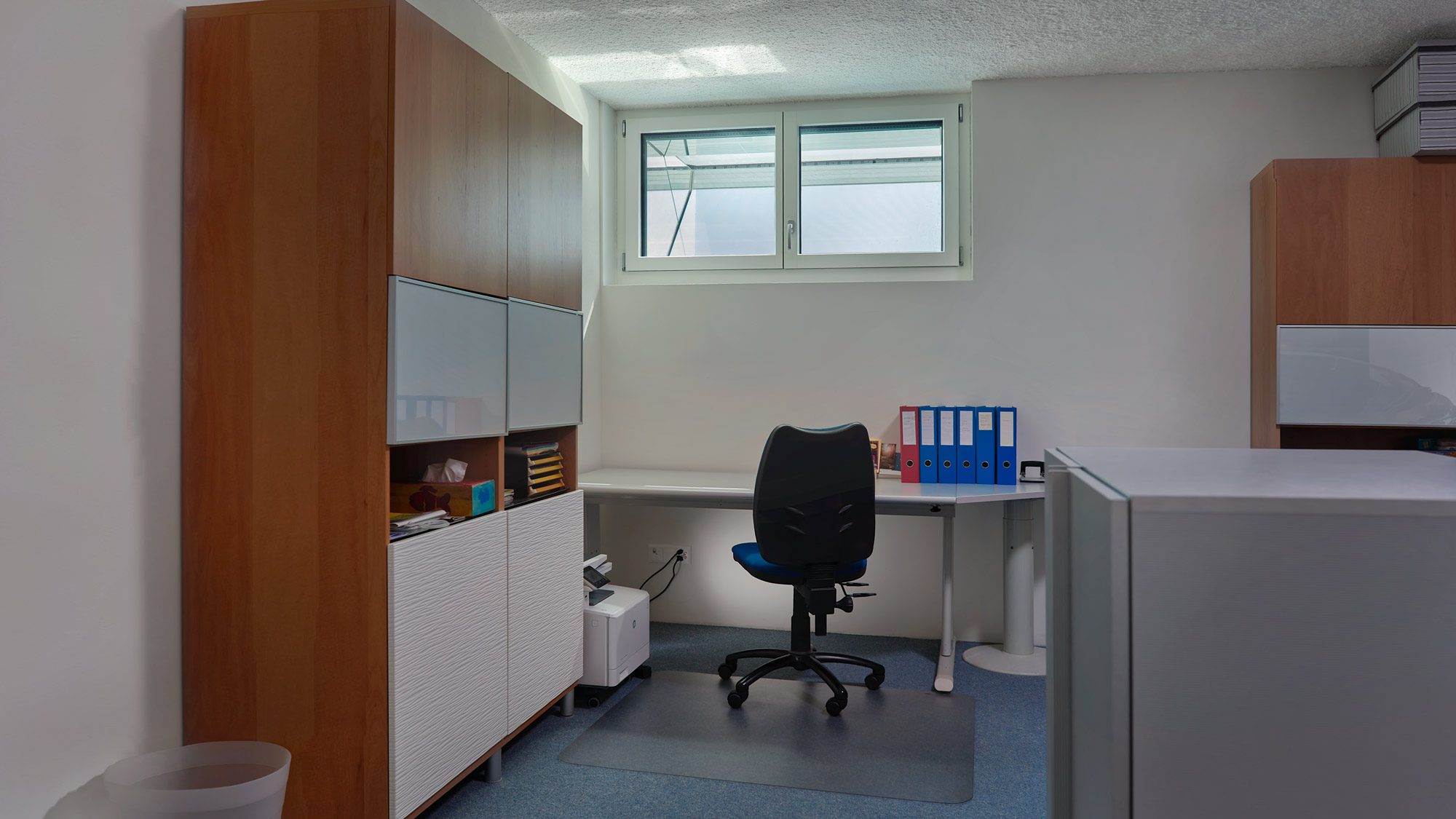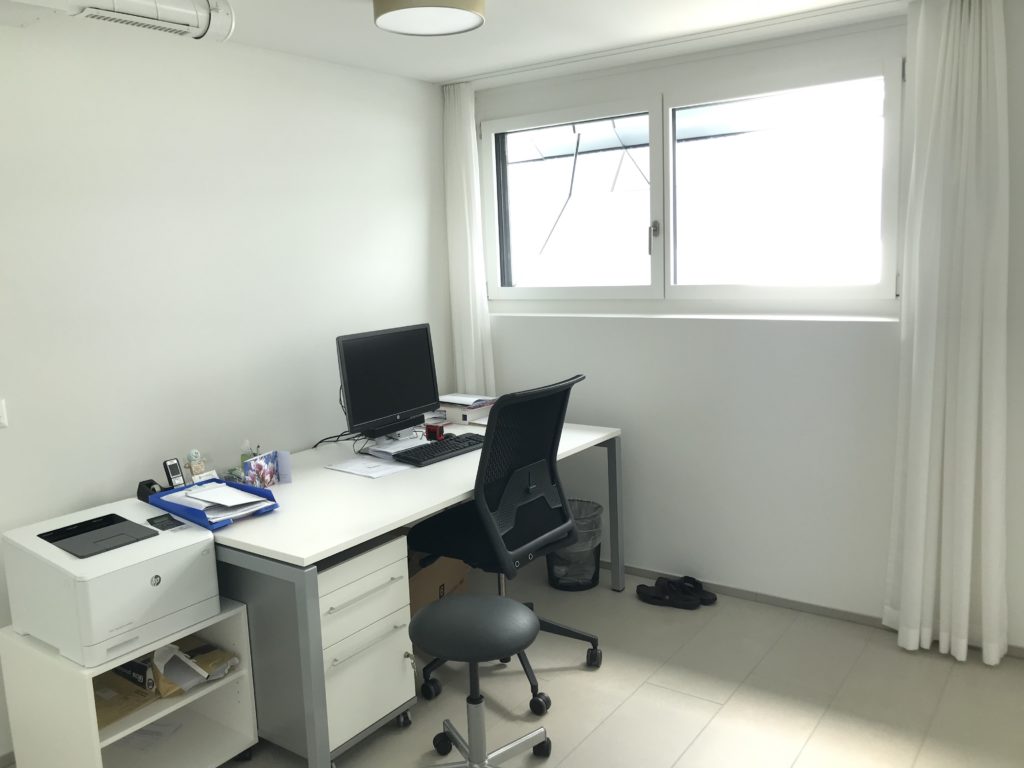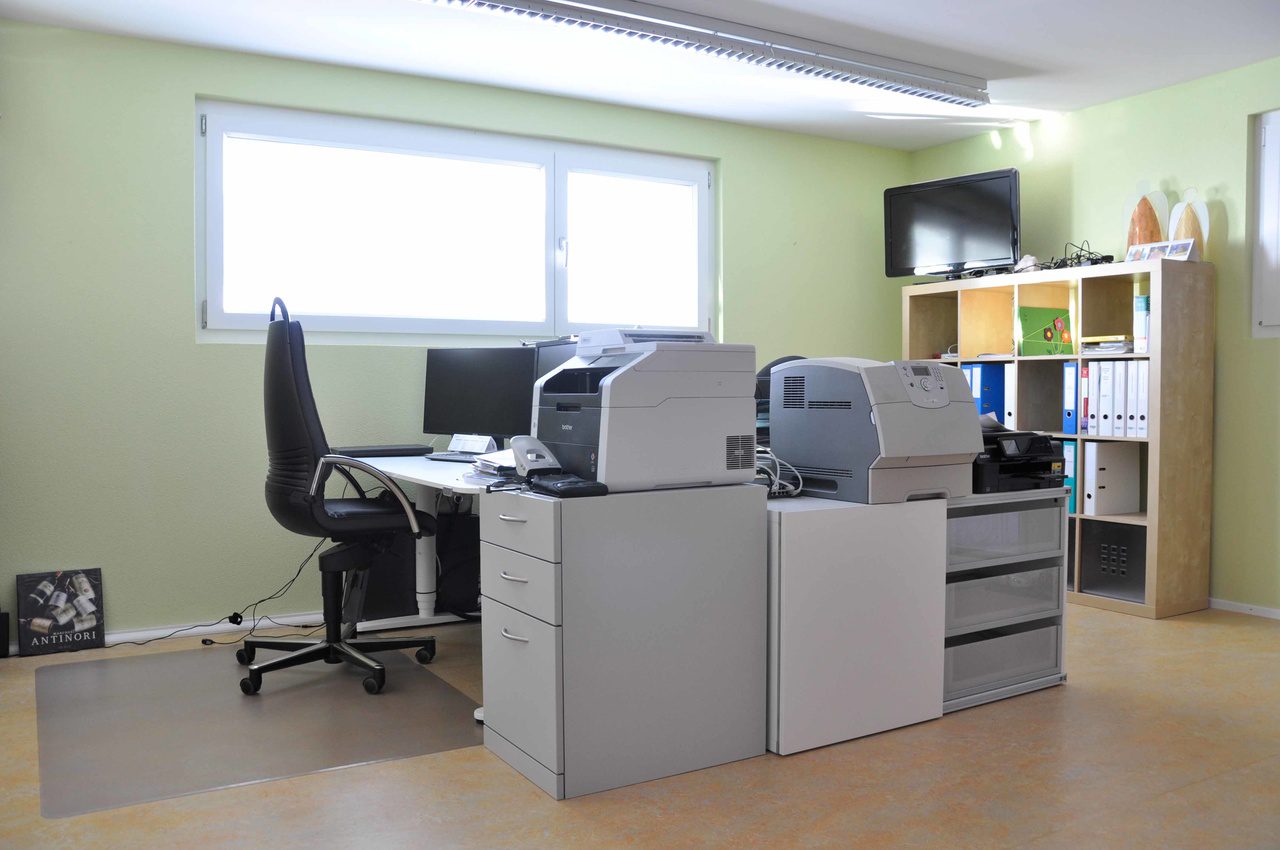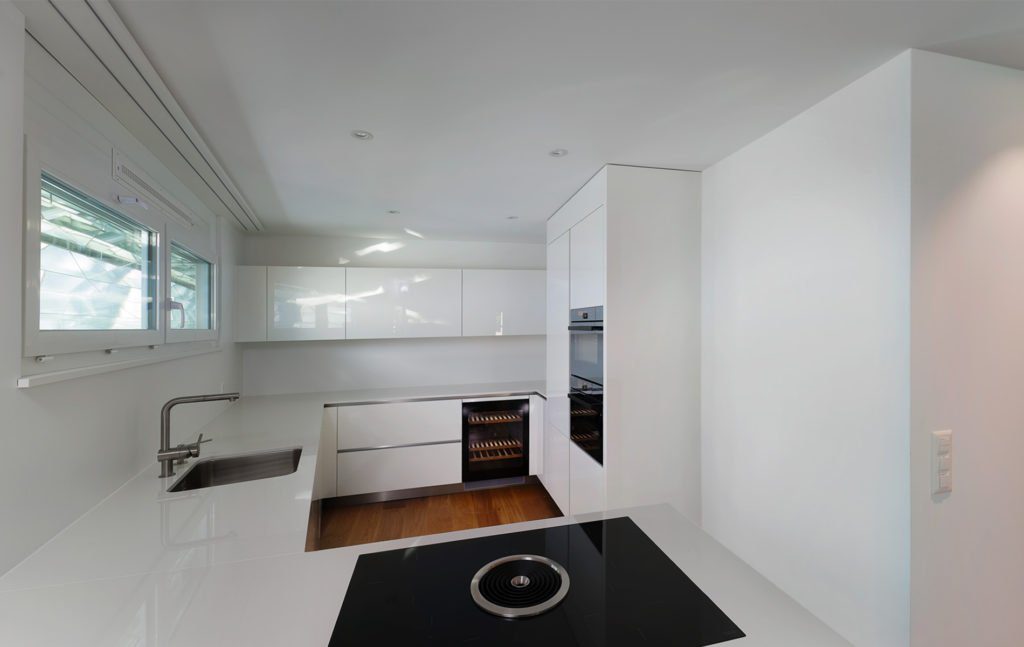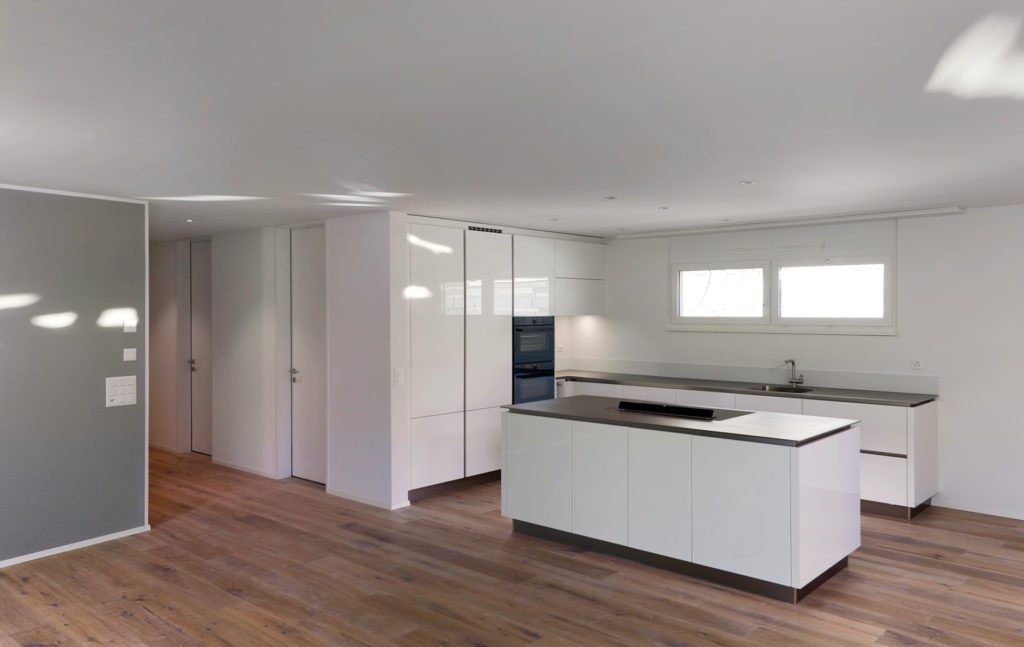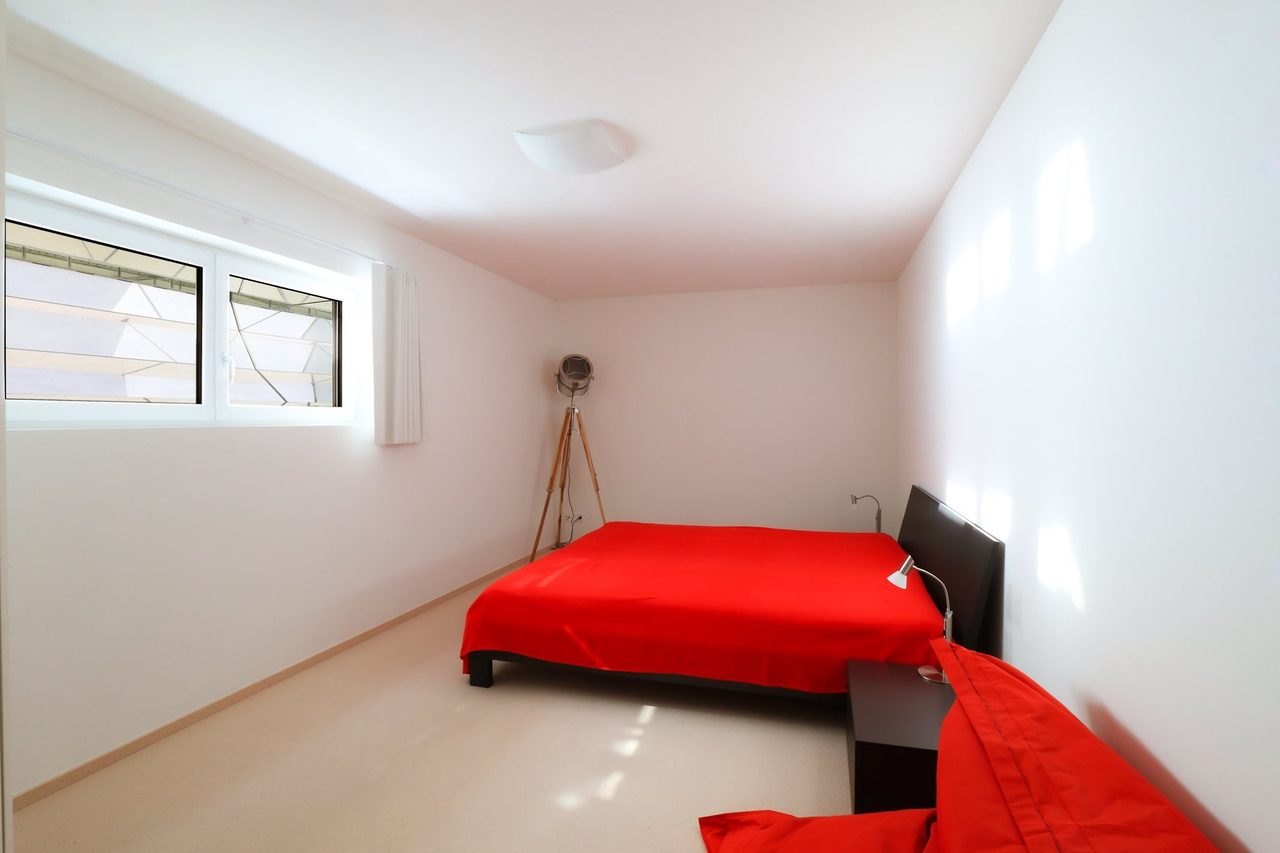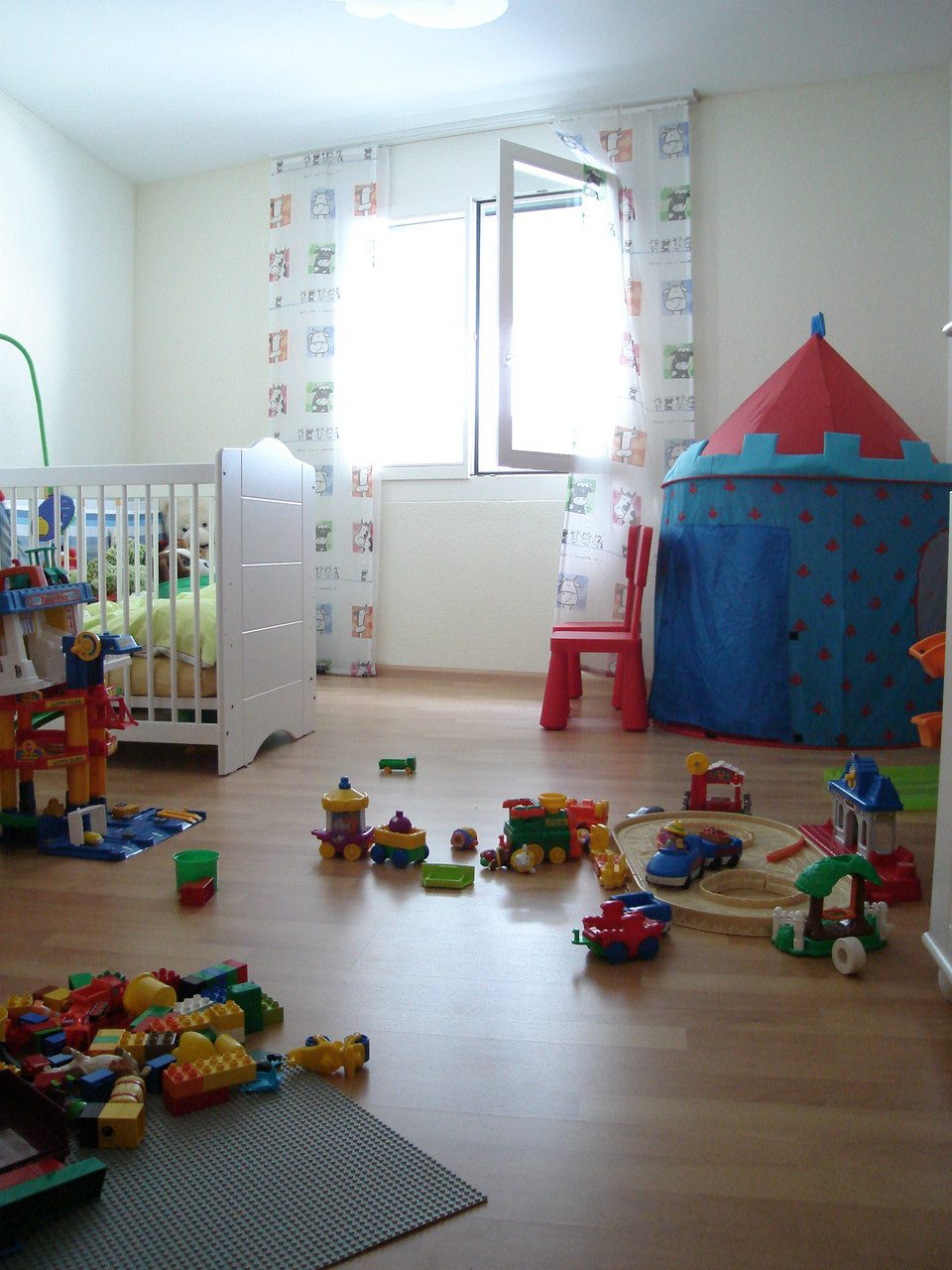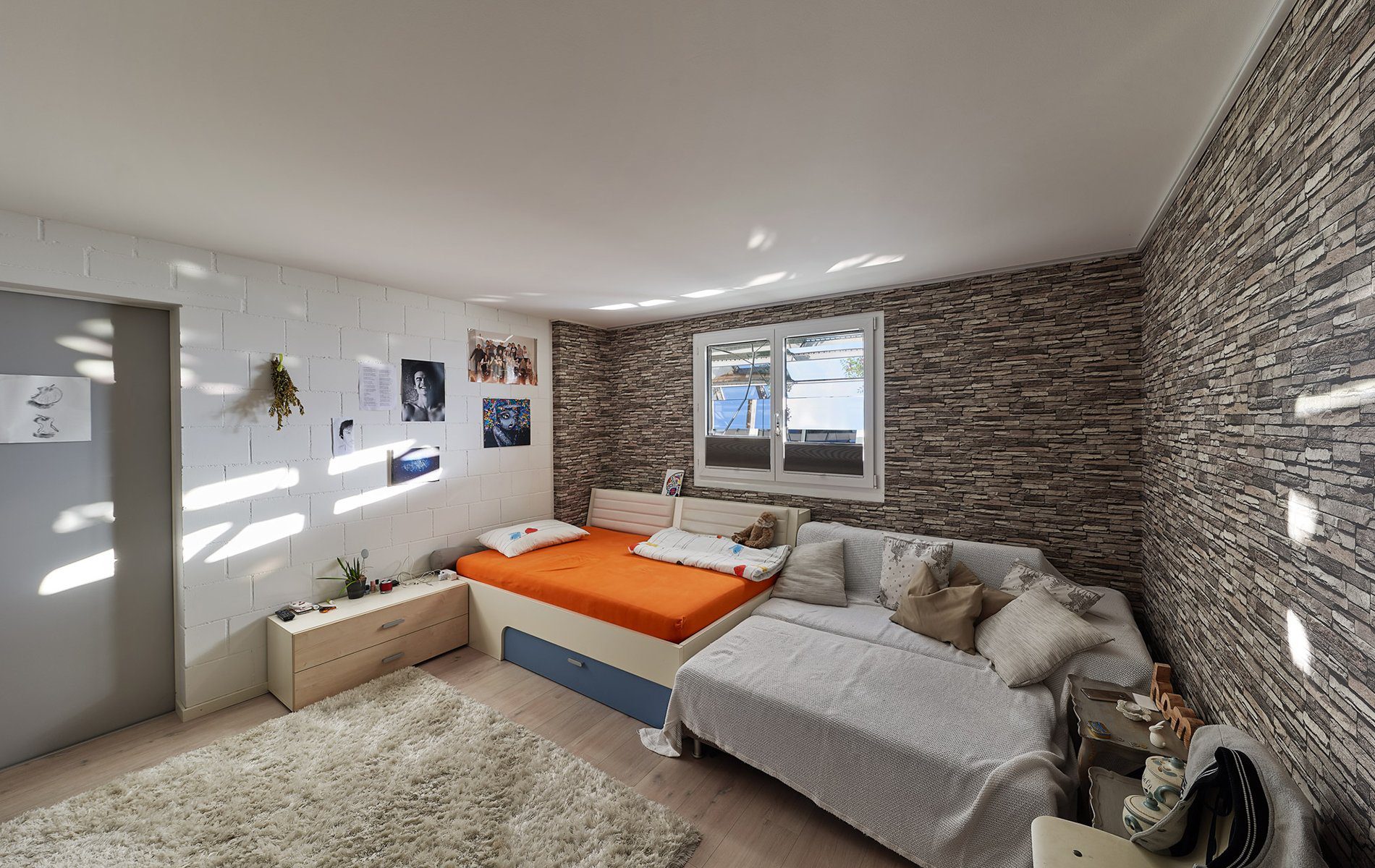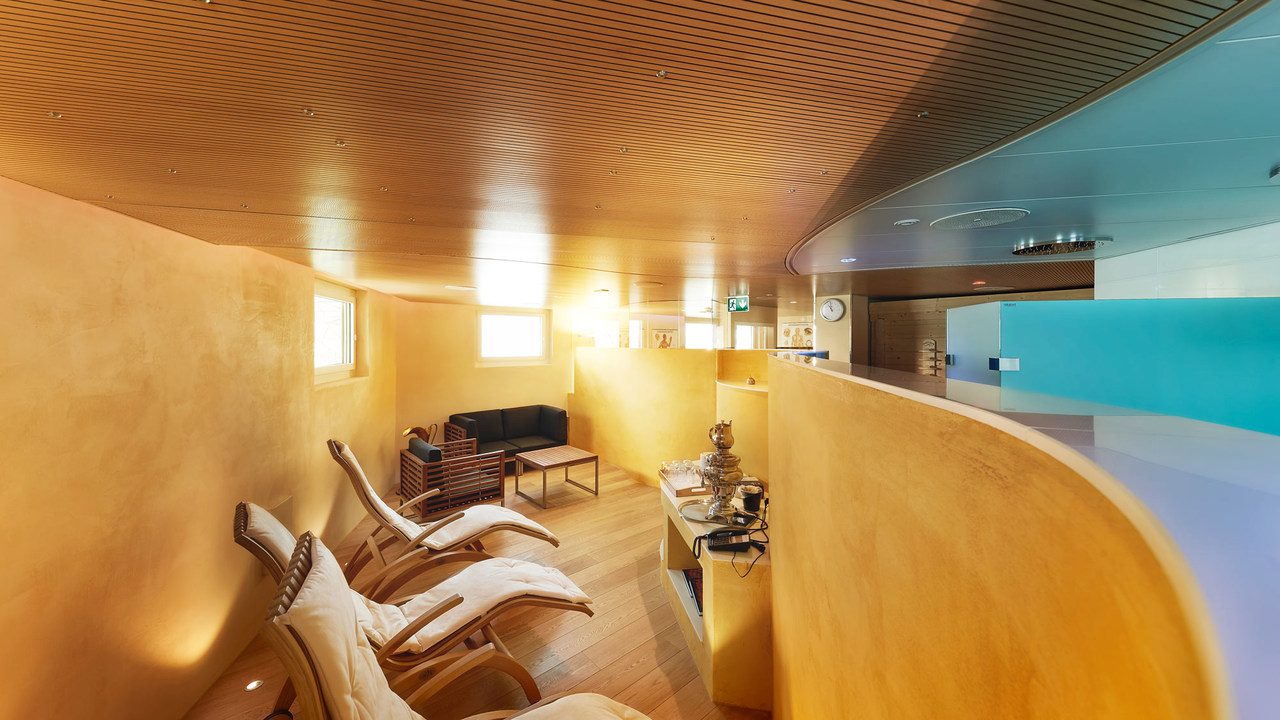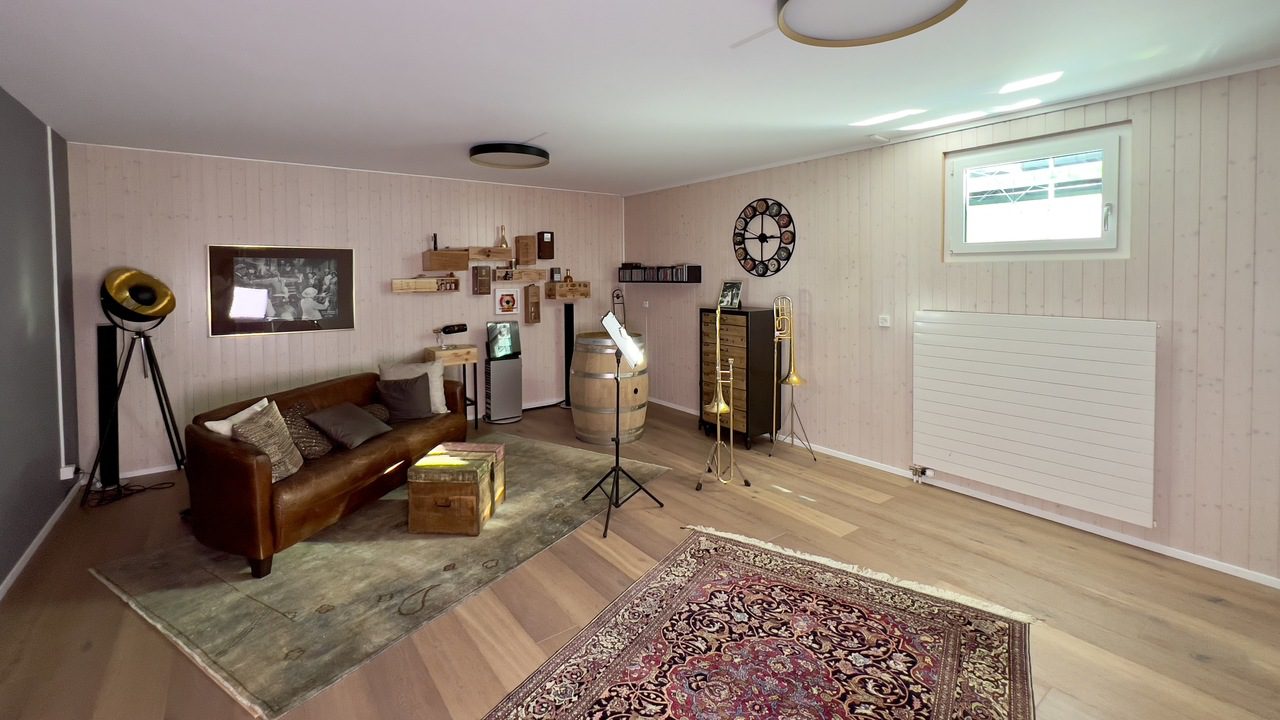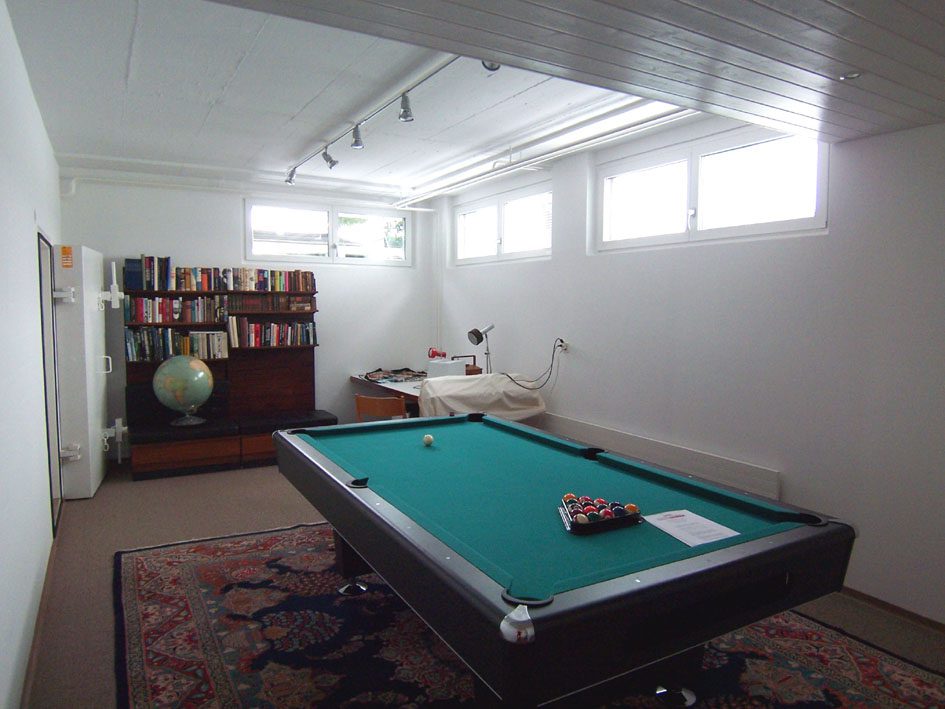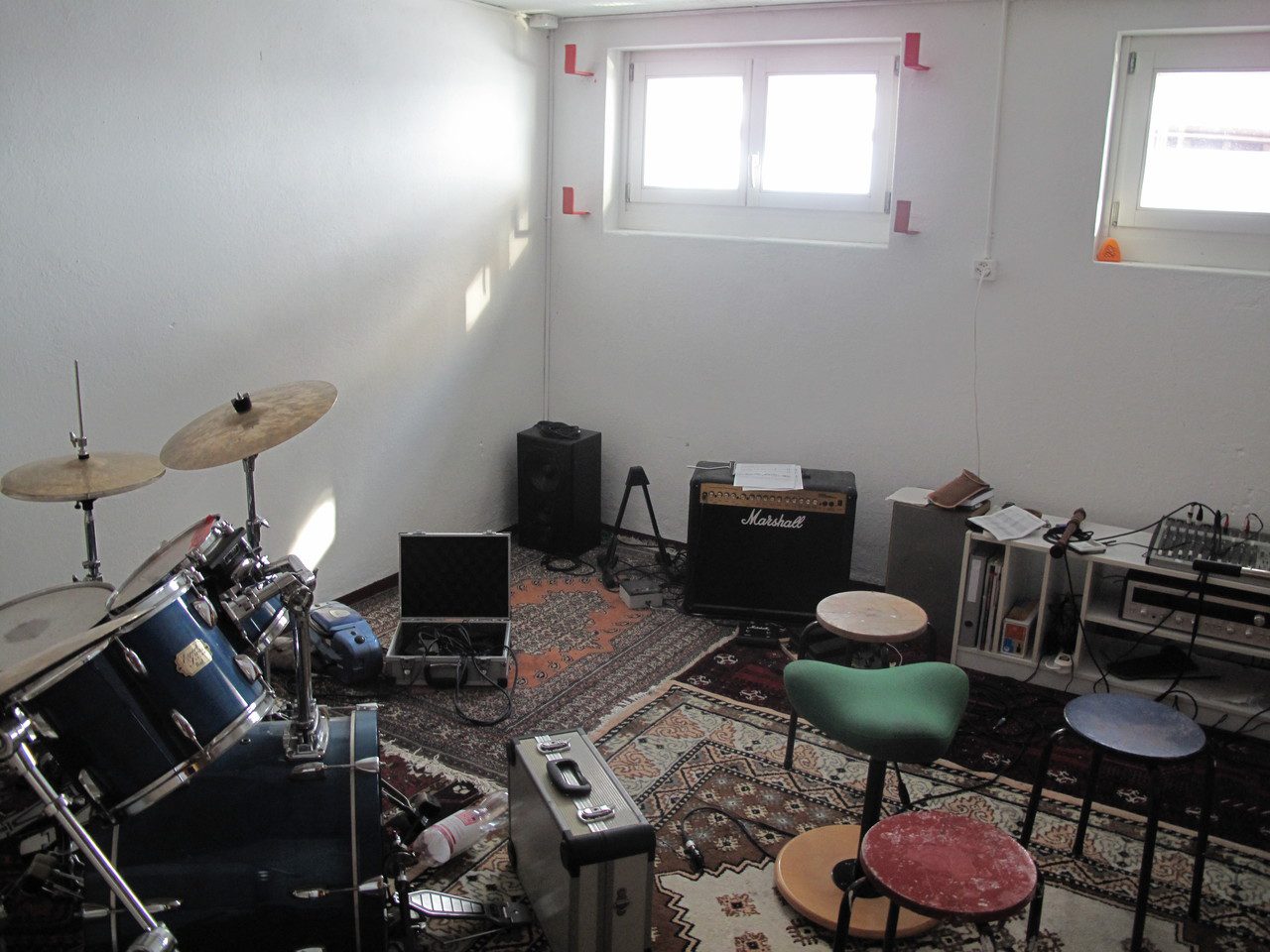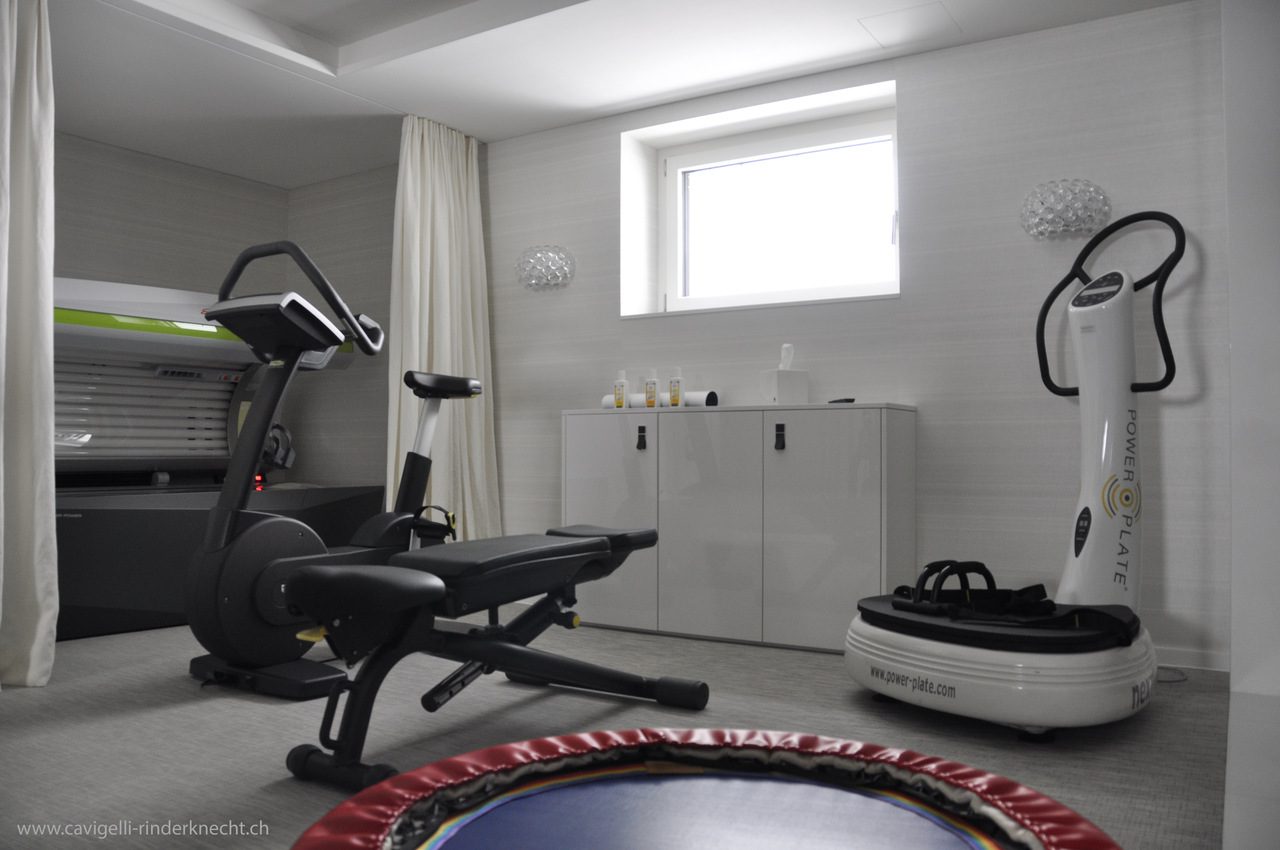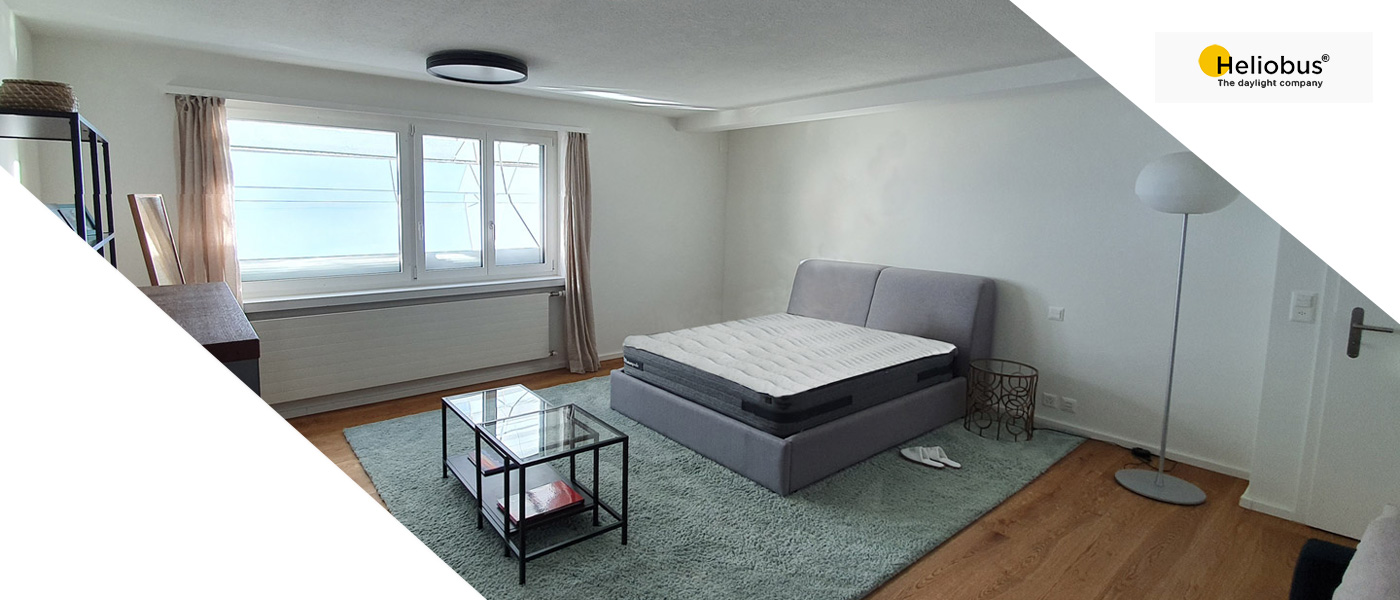
Basement conversion or change of use of the basement is in vogue, because it allows to upgrade the existing property without major and costly additions. A successful basement conversion allows basement rooms to be transformed into fully-fledged living or working space. Newer heating systems such as heat pumps save much more space, and offer new possibilities to reuse the basement . Innovative daylighting solutions, such as the Mirror Shaft, also make it possible to meet building regulations for daylight and fresh air supply and provide an atmosphere full of well-being.
Do I have to submit a building application for the basement extension?
Anyone who wants to use their basement as living space or work space must submit a building application. This is because anyone who converts a basement into living space is making a change of use.
Living rooms, bedrooms and other rooms intended for human habitation must be protected against noise, vibrations, moisture, harmful temperature influences and fire hazards. In addition, the rooms must be sufficiently illuminated and ventilated. Living rooms and bedrooms must always be fitted with windows. Innovative daylight solutions such as the Mirror Shaft from Heliobus® are ideal for guaranteeing sufficient daylight and fresh air supply.
Depending on where you live, the requirements of the building regulations may vary. The involvement of an architect is not mandatory for an initial discussion. In principle, it should be clarified whether the "envisaged" extension can be approved at all. This can avoid unnecessary planning costs.
In order to obtain approval, your building concept must comply with various provisions of the building regulations. The relevant regulations are set out in the municipality's own building regulations. It is therefore advisable to discuss the building project with the municipality in advance.
These building regulations must be observed:
Daylight
For the use of the basement as living space, access to natural daylight is of great importance. A cellar light well with a cellar window is often installed for this purpose. The window area in basement rooms used as living spaces must be at least one tenth of the floor area.
Window area = 1/10 of the room area
The window area in basements used as living spaces must be at least one tenth of the floor area. Innovative daylighting solutions, such as the Mirror Shaft from Heliobus®, can direct up to 20 times more daylight into the basement than a standard basement light well with a basement window.
As an alternative to the light well, a light slope can be created for direct daylight penetration. However, by digging up the terrain, you lose usable space for the garden or terrace. When creating the embankment, you should make sure that the water drainage works well and, if possible, consult an expert.
Fresh air
Ventilation ensures a pleasant indoor climate. However, basement requires different ventilation than the rest of the house to prevent moisture damage.
The rule is: You should not let in warm, humid air.
Since warm air stores more moisture, more moisture enters the basement with the summer air. Condensation then quickly forms on the cold basement walls, which promotes mold growth.
In summer, open the basement windows in the early morning when the air is still cool. In winter, it is best to ventilate on cold, dry days. If the humidity is too high, heat for several hours in winter to draw the moisture out of the walls. Then let cold air in. If necessary, a hygrometer or a thermometer with a humidity meter will help you to keep an eye on the humidity.
The mirrorl shaft from Heliobus brings up to 20x more daylight into the basement and at the same time guarantees sufficient fresh air supply. The option of a heatable laminated safety glass with automatic control can also help minimize condensation.
Fire protection
If you expand your basement , the fire protection requirements will also change. You may need a second escape route - for example, an external cellar staircase. In addition, the living space must be separated from the utility cellar with an F90 fire protection wall and a fire door.
Heating and humidity
In order for converted rooms in the basement or basement to be used all year round, they must be heatable. The prerequisite for an economical heating operation is also an optimal thermal insulation capacity of the outer wall construction for such rooms. This is also required by law as soon as a permanently installed heating system is available. In basement rooms that have not yet been finished, the insulation layer is usually installed on the inside of the room. Theoretically, the interior thermal insulation layer on relatively tight exterior walls only fulfils the building physics boundary conditions if the insulation layer is vapour-tight. This vapour barrier keeps the component cross-section free of condensation. Moisture damage and the formation of mould, which can be harmful to health, can thus be largely avoided.
Insulation
The prerequisite for an economical heating operation in such rooms is also an optimal thermal insulation capacity of the outer wall construction. This is also required by law as soon as a permanently installed heating system is available. In basement rooms that have not yet been finished, the insulation layer is usually installed on the inside of the room. Theoretically, the interior thermal insulation layer on relatively tight exterior walls only fulfils the building physics boundary conditions if the insulation layer is vapour-tight. This vapour barrier keeps the component cross-section free of condensation. Moisture damage and the formation of mould, which can be harmful to health, can thus be largely avoided.
Noise protection
The ceiling of the converted basement should be fitted with impact sound insulation. This will reduce noise in the new room when people are walking around on the ground floor above.
Inspirations for the basement conversion
"So beautiful it lives in the basement"
Home office at basement with daylight
It's hard to imagine everyday life without a home office. But where can you find a quiet place at home where you can talk on the phone undisturbed? The basement is the perfect place. With the Mirror Shaft from Heliobus® a lot of daylight enters the basement. This transforms it into a beautifully bright home office full of well-being. Depending on the situation, you can even view the sky from basement via the mirrors.
Living room & kitchen in basement with daylight
The trend towards basement conversions and the conversion of basement rooms into living space continues. But the issue of daylight is often a stumbling block. The solution is the Mirror Shaft from Heliobus - up to 20 times more daylight reaches the basement with the innovative mirror system. And where there is daylight, people like to linger. Thanks to daylight, basement rooms are transformed into fully-fledged living spaces.
Bedroom and guest room in basement with daylight
Also very popular is the conversion of the basement rooms into guest rooms or bedrooms. Since these rooms are not used during the day, it is worthwhile to move them to the basement and to use the living space above ground generously for the living room, kitchen and other common rooms. For more daylight, Heliobus® Mirror Shaft can be used to make the rooms pleasantly bright and homely.
Hobby, fitness, wellness
in basement with daylight
A room for every hobby. The basement offers endless possibilities for this. Whether your own gym, your own studio, or a music room. In basement you can also leave things lying around or make music loudly. Everything that disturbs above is ideal downstairs in basement and you can really let off steam. Build in the existing basement shaft the Mirror Shaft from Heliobus and you get up to 20x more daylight than with an ordinary basement light shaft.


